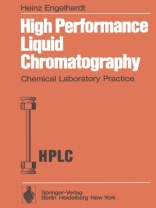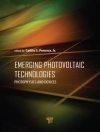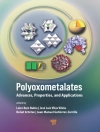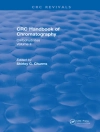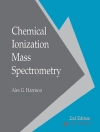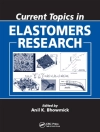Modern liquid column chromatography (LC) has developed rapidly since 1969 to become a standard method of separation. If the statisticians are to be believed, the recent growth of LC has been the most specta- cular development in analytical chemistry and has not yet abated be- cause its vast potential for application remains to be fully exploit- ed. Significant factors contributing to this continued rise are the simplicity and low cost of the required basic equipment and the rela- tive ease of acquiring and interpreting the data. Unfortunately, in LC, as so often in the field of analytical chemistry, the available commercial instruments are frequently far more complicated – and consequently far more expensive – than is nec- essary for routine application. Therein also lies the risk of propa- gating a "black box" philosophy that would be particularly detrimen- tal to chromatography. Moreover, it appears to have been forgotten, as was done previously with gas chromatography, that inadequate sep- aration by a column can be remedied only with great difficulty, if at all, by electronic means. Also, whether the capillary columns recent- ly advocated with great enthusiasm for LC will fulfill the expecta- tions of their proponents is highly questionable unless someone comes up with some new and revolutionary ideas.
Heinz Engelhardt
High Performance Liquid Chromatography [PDF ebook]
High Performance Liquid Chromatography [PDF ebook]
ซื้อ eBook เล่มนี้และรับฟรีอีก 1 เล่ม!
ภาษา อังกฤษ ● รูป PDF ● ISBN 9783642670640 ● นักแปล G. Gutnikov ● สำนักพิมพ์ Springer Berlin Heidelberg ● การตีพิมพ์ 2012 ● ที่สามารถดาวน์โหลดได้ 3 ครั้ง ● เงินตรา EUR ● ID 6329888 ● ป้องกันการคัดลอก Adobe DRM
ต้องใช้เครื่องอ่านหนังสืออิเล็กทรอนิกส์ที่มีความสามารถ DRM
